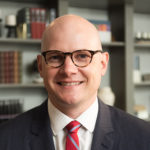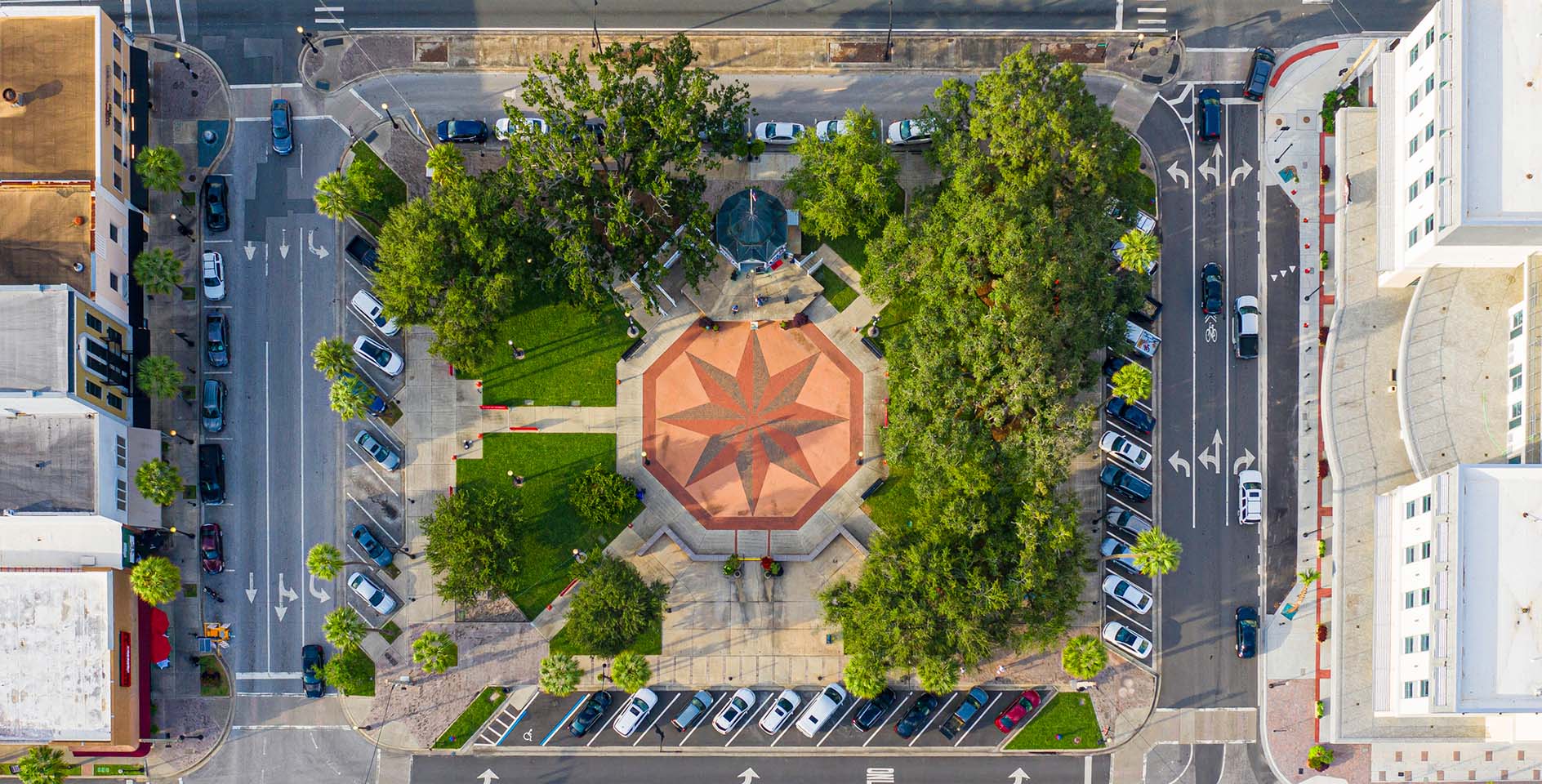This Holy Week, Christians are tangibly experiencing this extraordinary moment in American history. To combat the spread of COVID-19, our nation has taken dramatic steps to alter our normal rhythms of life. And as we’ve all now experienced, the necessity of social distancing has affected nearly every sector of our society. Things that were commonplace only a few weeks ago are either absent entirely or significantly altered. Restaurant dining rooms are closed. Remote work is mandatory. Americans are staying home. And in most cases, America’s churches have closed their doors.
Few of us could have imagined such a scenario mere months ago. There is no playbook for navigating life during a pandemic. And it is no stretch to say that all of us are finding our way through this moment at least partially in the dark. As an organization, we’ve said from the beginning that churches and Christian leaders are critical at this time. And we’ve encouraged Christians, especially pastors and Christian leaders, to take a posture of cooperation toward government and public health officials. We’ve urged the churches we serve to make every effort to help mitigate the spread of the coronavirus.
Across the country, churches have willingly taken the steps suggested by the CDC and public officials, as well as our own organization, despite the very real difficulties and financial hardships such compliance has entailed. This does not include every church in every locality to be sure. Considering the overwhelming spirit of cooperation displayed by the vast majority of churches, it is nonetheless disheartening to see so much media attention and scrutiny directed toward the situations where cooperation has broken down. If anything, the actions taken by the vast majority of churches are commendable.
At the same time, we’ve also warned that government officials, in order to be effective in their duties, must be careful to avoid even the appearance of overreach. The separation of church and state requires a delicate balance of authority between the two institutions. In almost every case, government officials have acted cautiously to protect that balance. In others, the ERLC has successfully advocated for state and local officials to consider amending policies to better accommodate churches. Even so, it is apparent that in a very few places, there are officials who are not exercising the right amount of care in maintaining this cooperation.
Several weeks ago, New York City Mayor Bill DeBlasio threatened to fine and even “permanently” close churches and other religious organizations who failed to observe social distancing guidance. And while the mayor’s words drew the attention of some, many dismissed them as bluster in a high-pressure moment. As Russell Moore commented concerning DeBlasio’s threats, “He doesn’t have the authority to shut down churches and synagogues and he’s not going to do that.” Still, in recent days there have been concerning reports about elected officials who, in seeking our common goal of stopping the transmission of the virus, are acting and communicating in ways that can be counter-productive.
In response to the social distancing guidelines, churches in many places have tried creative ways to worship together and in limited ways to gather for Easter services. In most places, these alternatives are happening without controversy because local officials are working closely with religious leaders.
But in others, these alternatives are being opposed by local officials, raising questions about whether houses of worship are being treated in the same way as other businesses or activities. The government has a clear public health interest in restricting public gatherings. But even in times of emergency, officials must be sensitive to fundamental freedoms and tailor public health restrictions narrowly. We are therefore concerned about certain instances of aggressive action that both violate the spirit of cooperation these moments call for and erode trust in the capacity of local leaders to rise to the occasion.
As Christians, we recognize that the scriptures call us to submit to the governing authorities (Rom. 13:1) and to live as good citizens (1 Tim. 2:2; Tit. 3:1). At the same time, the scriptures are more than clear that Caesar is not God, and our ultimate allegiance belongs not to any state but to a King and kingdom.
Each county and city will approach this moment in different ways, with its own measures, restrictions, and requirements. And right now local leaders are working to take the appropriate steps to protect the people they were elected to serve. Governors, county commissioners, and mayors hold enhanced authority to protect their communities in times of emergency. They are also closer relationally and personally to those communities.
Ideally, our system allows those closest to the problem to tailor their response to best fit the situation. And depending on the severity and nature of the threat, officials in different places will choose to respond differently to meet the needs of their communities. The benefit of pushing those decisions down to the lowest authority capable of taking the appropriate action is that it allows for more precise and calibrated decisionmaking than would be possible at the state or national level.
But of course, flattening the curve requires robust, good faith action on the part of citizens as well. Churches are a critical part of this. As Christians, we recognize that the scriptures call us to submit to the governing authorities (Rom. 13:1) and to live as good citizens (1 Tim. 2:2; Tit. 3:1). At the same time, the scriptures are more than clear that Caesar is not God, and our ultimate allegiance belongs not to any state but to a King and kingdom.
We recognize that public officials are forced to make difficult decisions at this time. Every community’s risk profile is different with respect to COVID-19. But public officials must recognize the substantial power they wield and do all that they can to preserve the ability of churches to safely and uniquely minister in their communities. We encourage local officials to take the time to hear the concerns of pastors in their communities in order to offer guidance, and when possible to make reasonable accommodations.
It has never been more important for pastors to support our government’s efforts to save lives by stopping the spread of COVID-19. And at the same time, the ability of Americans to worship strengthens our communities and sustains individuals through these difficult times. What is needed most right now is cooperation and good faith. We’ve already seen that the majority of churches are willing to do their part. It is essential that government officials view pastors and churches as allies, and not antagonists, in this collective effort and support their abilities to minister effectively to the greatest extent possible.











